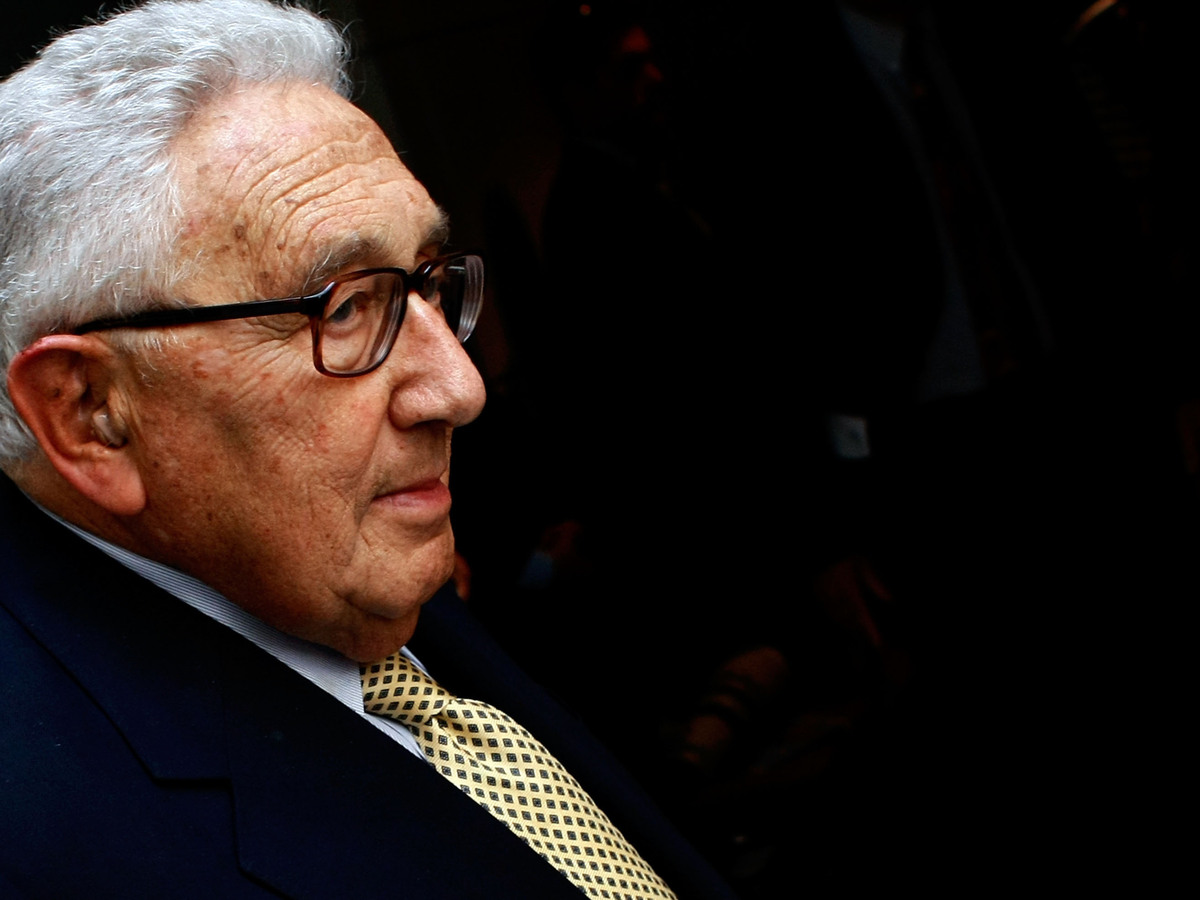
Former U.S. Secretary of State Henry Kissinger in 2008 at the Woodrow Wilson Center's inauguration of the Kissinger Institute on China and the U.S. Win McNamee/Getty Images hide caption

Former U.S. Secretary of State Henry Kissinger in 2008 at the Woodrow Wilson Center's inauguration of the Kissinger Institute on China and the U.S.
Win McNamee/Getty ImagesFormer Secretary of State Henry Kissinger was viewed as brilliant by some and a war criminal by others. The only man to ever hold the jobs of National Security Advisor and Secretary of State at the same time died at his Connecticut home at the age of 100.
NPR's Ailsa Chang talks to author and historian Jeremi Suri about Kissinger's complicated legacy.
Listen to Throughline's deeper dive on Kissinger here.
Email us at
This episode was produced by Connor Donevan and Mia Venkat. It was edited by Courtney Dorning. Our executive producer is Sami Yenigun.

 Live Radio
Live Radio